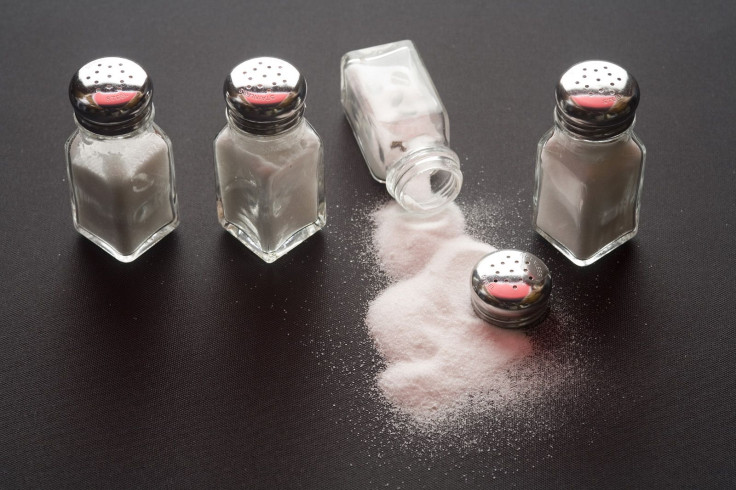Pass the Salt: U.S. Children Eat Too Much Salt, CDC Report

American children are eating too much salt, sometimes as much as adults, a new Centers for Disease Control and Prevention report says.
The study conducted by CDC researchers involved more than 6,000 students between the ages of 8 and 18. These children had participated in the National Health and Nutrition Examination Survey (NHANES) from 2003-2008 that had collected information about their daily salt intake.
According to the data from the survey, children consume, on average 3,387 milligrams or more of sodium per day. The study showed that 37 percent of the respondents were either overweight or obese.
The Institute of Medicine, part of the United States National Academies, recommends a salt intake of less than 2,300 milligrams, that's about a teaspoon of salt a day (including cooking and extra salt added to food) for adults.
Previous Research has linked high salt intake to high blood pressure, which is a risk factor for heart disease, stroke and kidney failure. According to the National Heart Lung and Blood Institute, a person may be suffering from high blood pressure and not know about it for years because the disease usually has no signs or symptoms.
A recent report from CDC had said that 67 million American adults suffer from high blood pressure and about half of them, 36 million, don't have it under control.
Lead researcher Quanhe Yang said that reducing the sodium consumption in children could make a big difference to the health of these children, USA Today reported. Yang is a senior scientist with CDC.
"A big message here is that we should be more concerned about the salt intake of our kids. There is increasing evidence that kids are eating too much salt, and it can have an adverse impact on their health," said Stephen Daniels, a spokesman for the American Heart Association, USA Today reported.
The study was published in the journal Pediatrics.



























